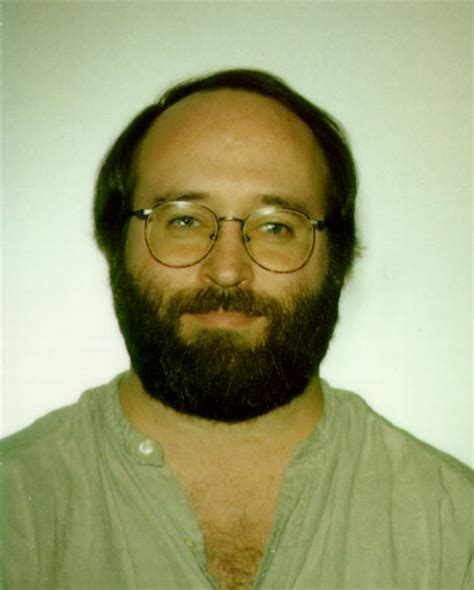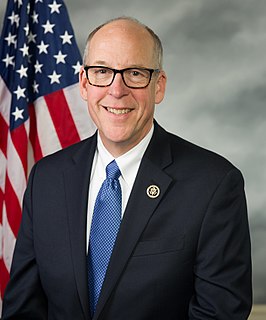A Quote by Wendell Berry
The "developed" nations had given to the "free market" the status of a god, and were sacrificing to it their farmers, farmlands, and communities, their forests, wetlands, and prairies, their ecosystems and watersheds. They had accepted universal pollution and global warming as normal costs of doing business.
Related Quotes
There are many who still do not believe that global warming is a problem at all. And it's no wonder: because they are the targets of a massive and well-organized campaign of disinformation lavishly funded by polluters who are determined to prevent any action to reduce the greenhouse gas emissions that cause global warming out of a fear that their profits might be affected if they had to stop dumping so much pollution into the atmosphere.
The interesting thing is, everybody focuses on the global warming as an environmental issue, as something outside our daily lives. But actually the impact of global warming is with us today. Communities are suffering. Communities in poor countries are the ones paying the price, they are not the ones who are polluting, and we need to help them adapt.




































